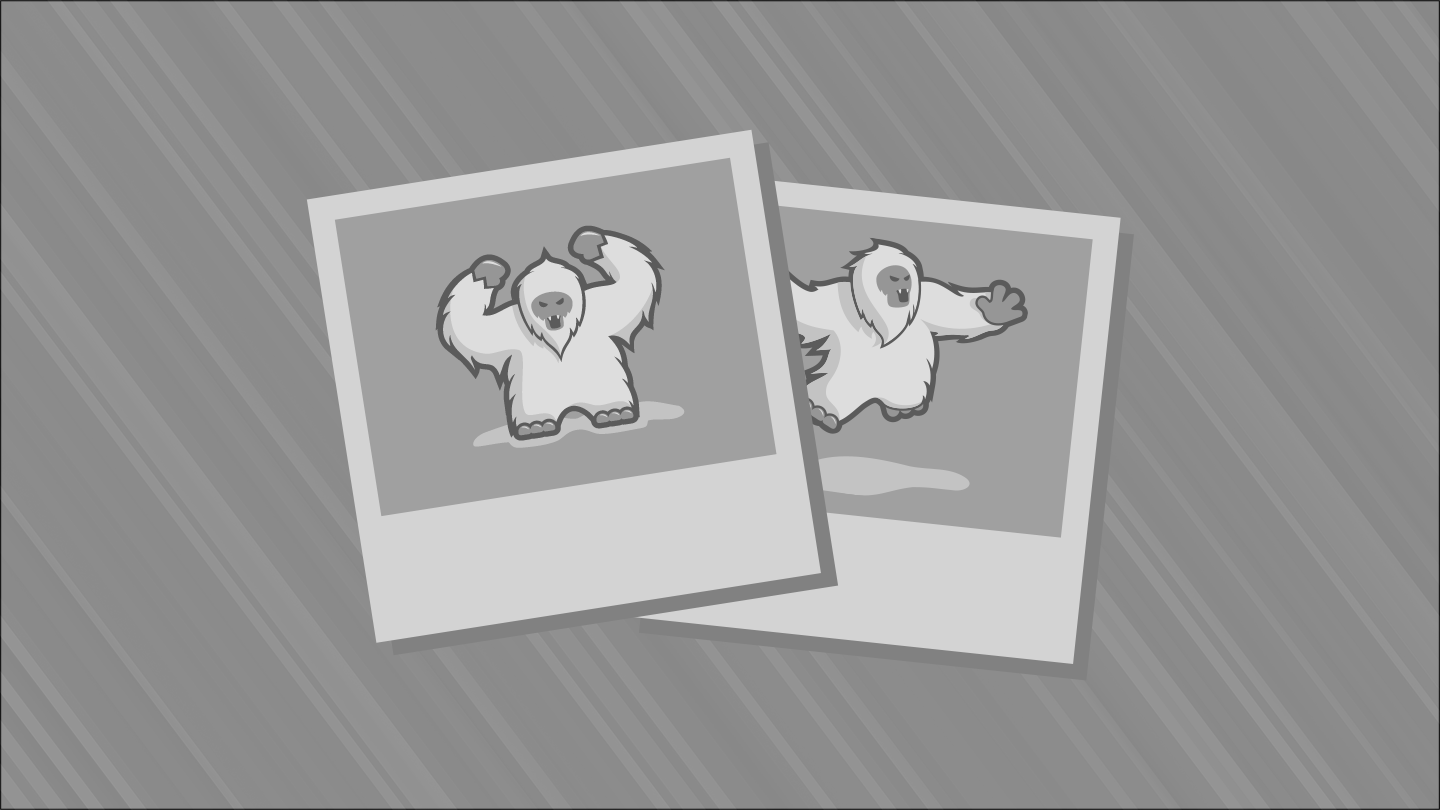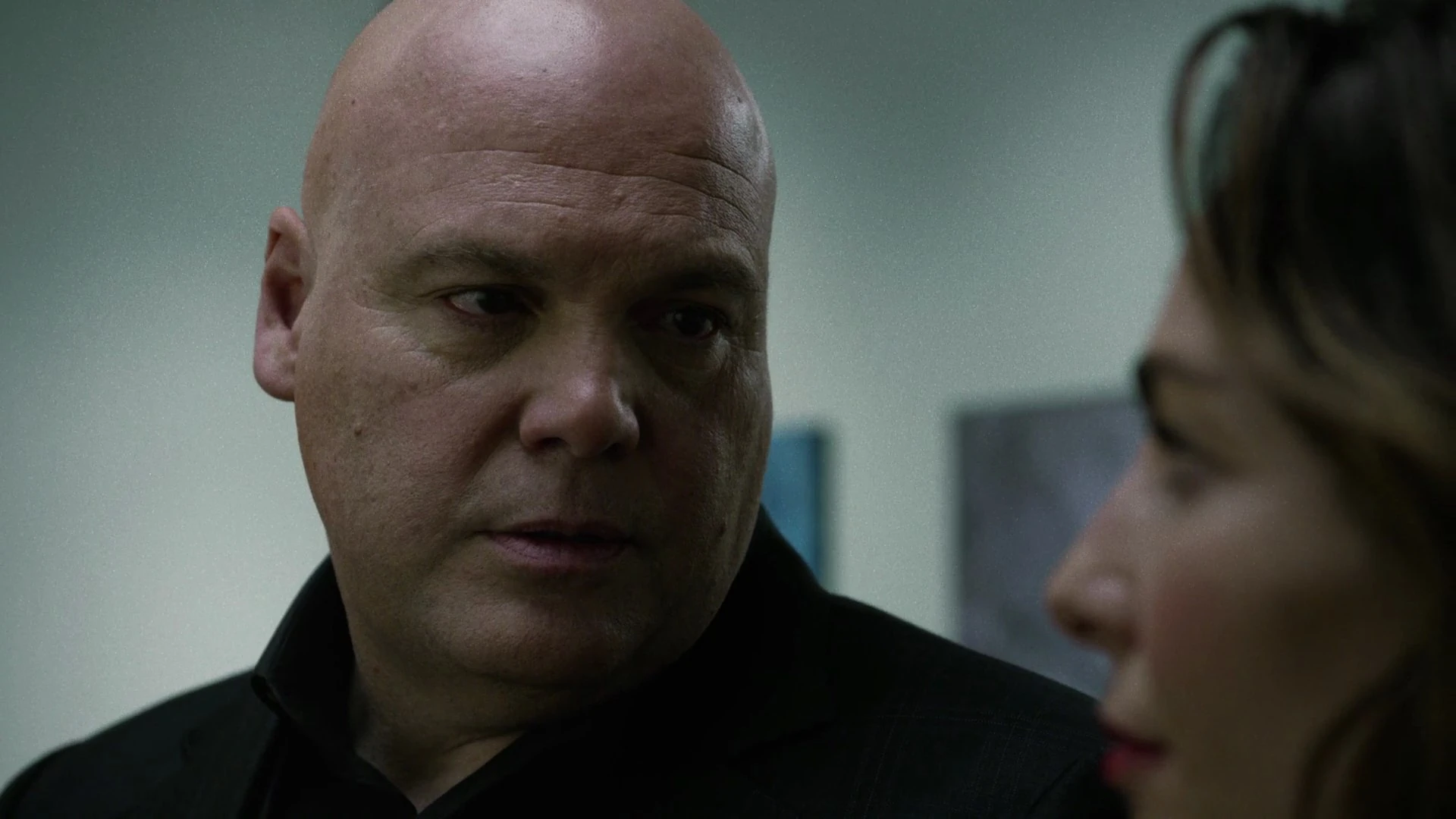And I think part of why it's so good at it is down to the villain, Wilson Fisk. (Please note, this post may be somewhat spoilery about Fisk and his past. If that bothers you, please feel free to return after watching the available episodes.)
I've never really loved the Daredevil comic. I don't really know why, it's all about things that I usually enjoy. There's a hero who's at an extreme disadvantage against his adversaries, working class background, taking place in a city, the MC is a complete nerd etc. It should be right up my alley but for whatever reason, I never really connected with it.
That changed with the first episode of the Netflix series. Now, while I'm willing to admit that some of it may be because I fell hard for Charlie Cox (who plays Matt Murdock aka Daredevil in the series) in Stardust, that's not the whole truth of it.
For me the turning point of whether I just liked the show or loved it came when they started to delve deeper into the life of Wilson Fisk. The first time we actually meet Fisk, he is utterly captivated by a modern painting, titled "Rabbit in a Snowstorm" which is basically white paint slathered over a white canvas. The moment could have gone in so many ways that would have made the character cartoonish but instead Vincent D'Onofrio's (previously probably best known for his performance as Private "Gomer" Pyle in Full Metal Jacket) performance made the character into someone who is not only vulnerable but also a force to be reckoned with.
 |
| The man in the mirror |
I wrote about writing women back in February and the Daredevil series (let's pretend that unfortunate movie never happened, okay?) has certainly applied similar advice to Wilson Fisk in spades. Fisk is a violent, horrific man who uses any and all means necessary to do exactly as he wants. There's a scene in one episode where he literally beats a man to death until there is nothing left of his victim's head. And yet... And yet the writers as well as D'onofrio's performance of him turn Fisk into someone who can almost be pitied. Almost.
Fisk wants something with all his being: he wants to save Hell's Kitchen. He wants to eliminate crime from the streets of the city, make it safe for people like him, people like his mother, people like his girlfriend. The trouble is, in his zealousness he has made deals with all the criminal elements of the city, from the drug cartel to the human traffickers. He doesn't think twice about leveling tenement housing mainly because the inhabitants are poor and some of them commit crimes of the sort he cares about.
The writers of the show keep drawing parallels between Fisk and Murdock and their respective quests to clean up or "save the city". On the surface, the two men want the same things, they just have very different methods of going about it. They're similar in a lot of ways, but their lives have taken different courses which have led them down very different paths.
Wilson Fisk in the series is a terrible example of humanity but as such he is also utterly, irrevocably, undeniably human. Kingpin (as he will no doubt be known at some point of the series) is one of the comic book bad guys who has been very often portrayed as being evil for the sake of evil, a mustache-twirling baddie from the silent films if you will. In this series he is human first and the evil, his evilocity if you will, rises from his humanity and the particular flaws that make Wilson Fisk the man he is.
The writers of the show keep drawing parallels between Fisk and Murdock and their respective quests to clean up or "save the city". On the surface, the two men want the same things, they just have very different methods of going about it. They're similar in a lot of ways, but their lives have taken different courses which have led them down very different paths.
Wilson Fisk in the series is a terrible example of humanity but as such he is also utterly, irrevocably, undeniably human. Kingpin (as he will no doubt be known at some point of the series) is one of the comic book bad guys who has been very often portrayed as being evil for the sake of evil, a mustache-twirling baddie from the silent films if you will. In this series he is human first and the evil, his evilocity if you will, rises from his humanity and the particular flaws that make Wilson Fisk the man he is.







